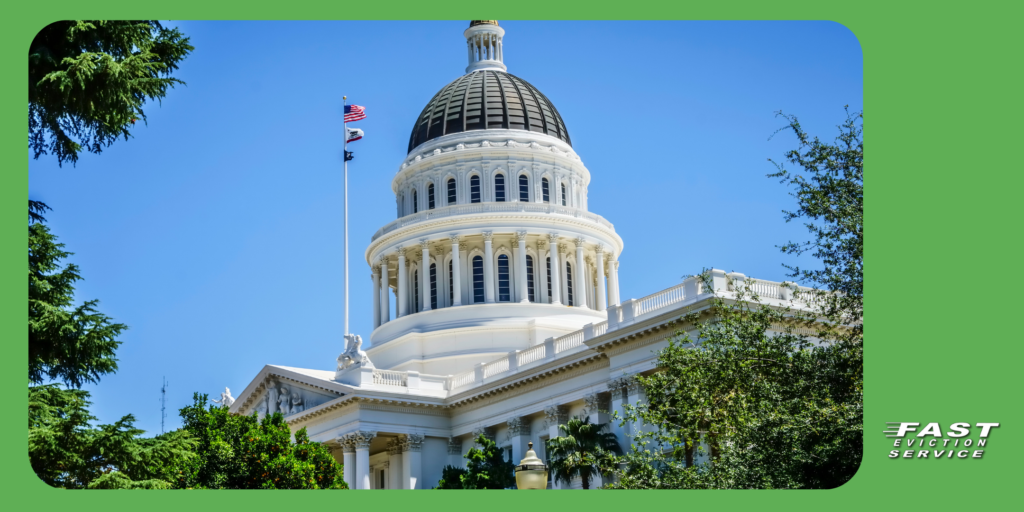The recently advanced bill, AB 1317, in the California Legislature represents a significant step toward reshaping the rental housing landscape in the state, particularly in larger residential properties. Introduced by Assemblywoman Wendy Carrillo from Los Angeles, this legislation seeks to bring about a change in how parking costs are handled in rental properties, with the primary goal of reducing the encouragement of car ownership and mitigating issues like traffic congestion and environmental concerns.

Here’s an expanded perspective on the key elements and potential implications of AB 1317.
AB 1317 Scope of Application
AB 1317 applies specifically to newly constructed residential properties with 16 or more units that receive a certificate of occupancy on or after January 1, 2025. This focus on new construction ensures that the bill does not disrupt existing rental agreements but rather serves as a pilot project to explore the impacts of unbundling parking costs in certain areas of the state.
Geographic Reach
This bill will initially be implemented in selected counties, including Alameda, Fresno, Los Angeles, Riverside, Sacramento, San Bernardino, San Joaquin, Santa Clara, Shasta, and Ventura. The choice of these counties may be reflective of the varying transportation and housing needs within the state.
Parking Fee Separation
A central feature of AB 1317 is the requirement for landlords to unbundle parking costs from rental rates. This means that tenants will be charged separately for their parking spaces, and this arrangement must be maintained for the entire duration of their rental agreement. Importantly, the bill does not impose restrictions on how much landlords can charge for parking spaces, leaving this aspect to market dynamics.
Rental Agreement
To implement the separation of parking fees, landlords will be required to create a distinct rental agreement or an addendum to the existing residential lease that specifically addresses parking fees. This ensures clarity and transparency for both landlords and tenants.
Legal Protections
AB 1317 offers some legal safeguards to tenants. Notably, the failure to pay the parking fee cannot be used as grounds for an unlawful detainer action, which protects tenants from eviction solely on the basis of non-payment of parking fees. However, landlords retain the authority to prohibit tenants from using the parking space if they fail to meet their financial obligations in this regard.
Exemptions
The bill is not all-encompassing and provides exemptions for certain properties, including those with individual garages, deed-restricted low-income properties, and properties financed with low-income housing tax credits or specified tax-exempt bonds. These exemptions account for different housing scenarios and financial considerations.
Environmental and Traffic Impact
A primary motivation behind AB 1317 is to reduce the encouragement of car ownership by decoupling parking costs from rent. This policy aims to address concerns related to traffic congestion and environmental issues, aligning with broader state goals for sustainability and urban planning.
Upcoming Decision
The fate of AB 1317 now rests with the governor, who has until October 14, 2023, to either sign the bill into law or veto it. The decision will determine whether this innovative approach to parking cost management will become a part of California’s rental housing landscape.
In conclusion, AB 1317 represents a proactive legislative attempt to reshape the rental housing market in California, with a focus on encouraging alternative transportation methods and addressing urban development and environmental concerns. Its impact, if enacted, will be closely monitored as it serves as a pilot project in select counties, potentially paving the way for broader changes in housing policy across the state.

